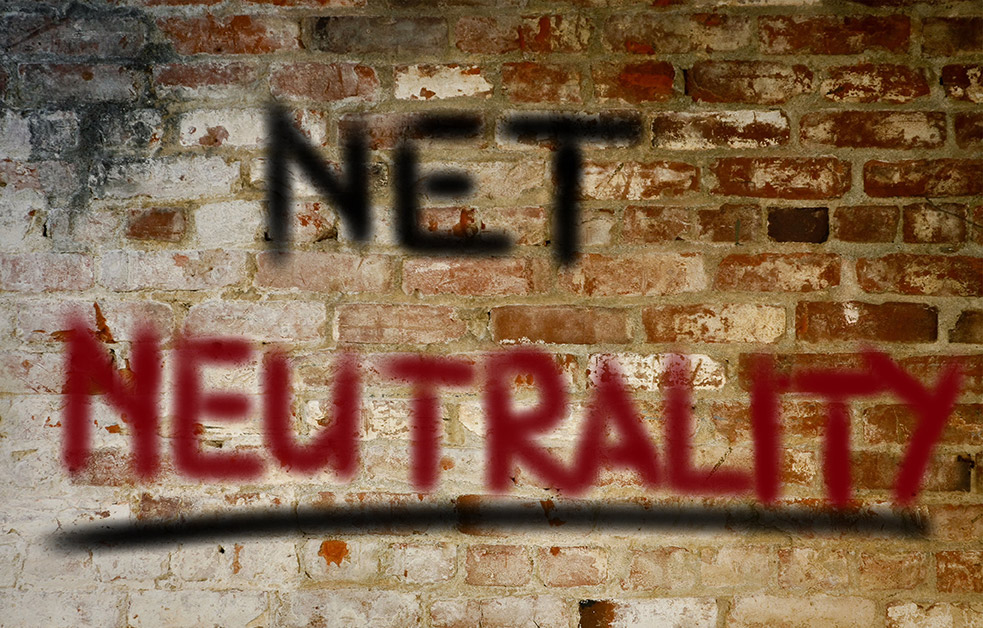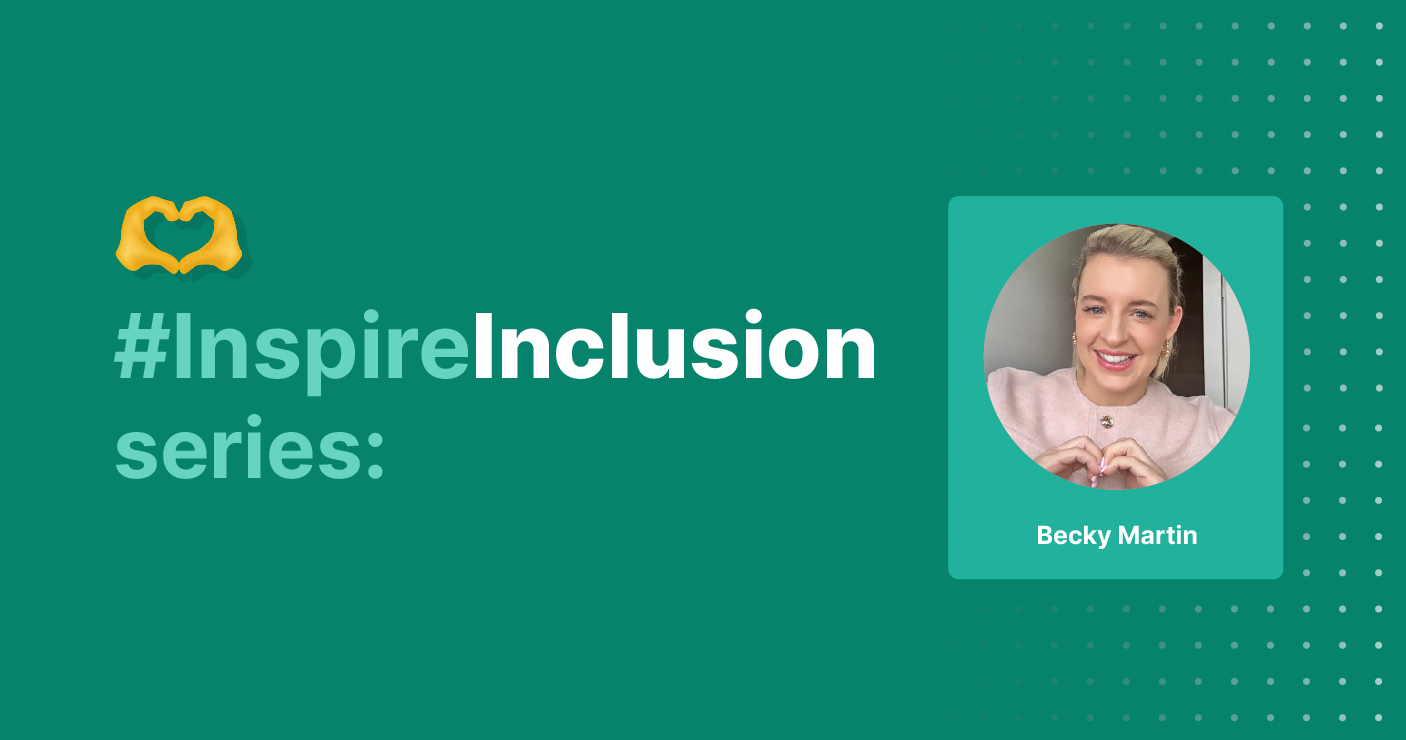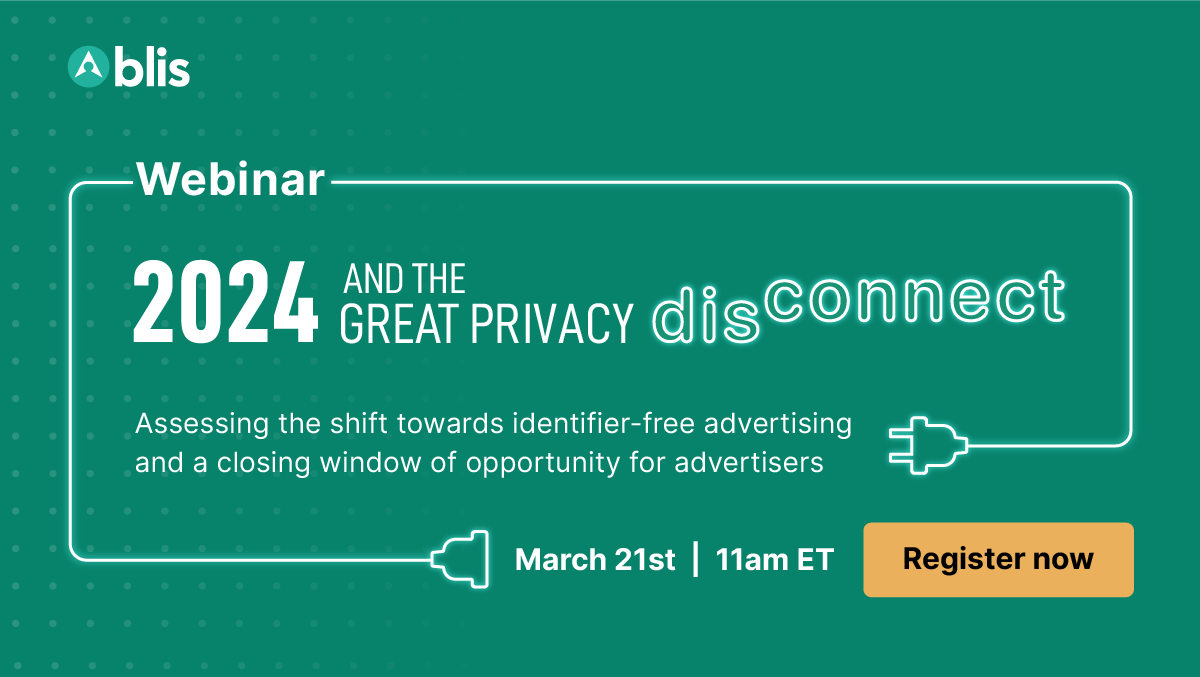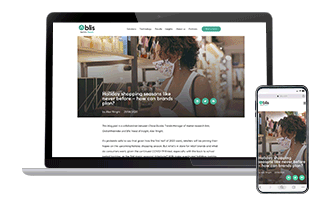2018 is not quite a month old and already it’s been tumultuous from a tech perspective. Trust, transparency (and the responsibility to deliver both) have dominated conversations in tech and business media. Nowhere has this been more evident than around the issue of Net Neutrality repeal in the US. Despite the FCC’s victory back in December last year, and the many column inches dedicated to the subject, to repeal or not to repeal remains the question.
Just last week we saw a group of 21 U.S. state attorneys general file suit, challenging the Federal Communications Commission’s decision while Democrats said they needed just one more vote in the Senate to repeal the FCC ruling. While the outcome remains in the balance, any brand and marketing teams worth their salt are already thinking about the implications of Net Neutrality repeal on the consumer relationship and creatively looking at marketing campaigns in response.
And with good cause – any repeal of Net Neutrality will, by default, drastically impact Internet access as we know it, as well as all the business models that have grown up with it. Built on the model of a free and open transfer of information, big tech players including Alphabet, Amazon and Facebook have weighed in against repeal and, if even they’re concerned about its impact on business, where does that leave smaller brands and startups?
At its most basic, the repeal of Net Neutrality regulation will make the transfer of information more costly, and will place control of both access and costs into the hands of a small group of ISPs and telco providers. This is a significant responsibility and is made even more so by the lack of trust Americans currently place in such institutions.
We’re at an inflection point – as consumers we are dependent on tech but fake news, social media manipulation, automation and the increasingly public private data footprint have negatively impacted our perception. A recent study by Tufts University’s Fletcher School of Law and Diplomacy, and Mastercard found that American consumers are operating in a state of trust deficit. The tech innovation that has characterized much of the past 20 years will be threatened if this deficit is not addressed. The weight of responsibility rests on the shoulders of these key players and ISPs to stand by their promises to operate transparently.
If they stand by this promise, there are ways that marketers could work with new these parameters to better engage and deliver greater value to consumers. One thing we know ISPs to be good at is creating clear usage/demographic analysis – the data packages they build will in effect become audience-specific channels for brands to reach targets with tailored content and offers. The challenge though will be that, even while we might be able to better target consumers, we may find it harder to engage them as we risk getting lumped in with ‘big tech’, mistrusted and suspected to not have their interests at heart.
Bigger brands with deeper pockets will immediately benefit more from the repeal as they are better positioned to invest in building relationships. I would also expect to see some very creative and scrappy campaigns from smaller brands looking to cut through come to the fore too – shorter, sharper messages in place of slow loading content, experience over volume. Some of the finest works of art have been created under strict constraints – Michelangelo’s David is a prime example – and I’d love to think that we’ll see come groundbreaking work result from these new parameters too.
Ultimately, whether the repeal happens or not, the message we should all be taking here is one of transparency and trust. As brands, marketers and businesses, we need to build real, meaningful relationships with our audience if we’re going to have long term growth. We can deliver that message quickly, or less so, but the onus is on us to make it heard.




